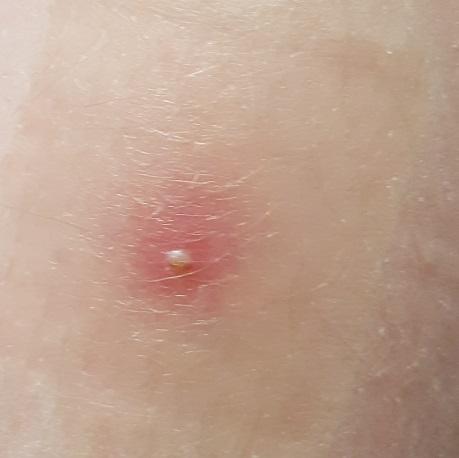MRSA is the term for a group of staph bacteria. It can be transmitted from person to person through direct or indirect contact but not through contact with the air itself. MRSA or methicillin-resistant staph infection is an infectious infection that can spread from person to person through direct contact. It can also spread through contact with contaminated objects, air, or body fluids.
MRSA is highly contagious and can easily spread between people through close contact. The most common route of transmission is skin-to-skin contact, such as when people touch or hug. However, people who use shared bathrooms and showers are also at risk of contracting MRSA. This is why healthcare providers must closely monitor and enforce patient hygiene practices to avoid the spread of MRSA.
If you have recently come into contact with someone who may be infected with MRSA, see your doctor immediately for a thorough examination. Your doctor will ask questions about any injuries you may have suffered from an MRSA infection. He will then check your skin for clear signs of infection. A culture may be done to confirm if your skin is healthy or not.
Once MRSA is confirmed, treatment options can be discussed. If you have a family history of this infection, you will likely be prescribed antibiotics. Antibiotics do help get rid of infections, but they can only treat skin infections. You should also see your doctor if you have had cuts or cracks in your skin that could have been caused by a wound from an infected person.
MRSA can also spread to the lungs if the lungs are contaminated with bacteria of an infected person. If the infection spreads too far, it can lead to pneumonia. If you are concerned that you may have come into contact with an infected person, see your doctor as soon as possible for a medical examination.
If you already have a health problem such as diabetes, heart disease, or a heart valve condition, you may want to consider getting screened for MRSA. to make sure you don't have a recurring infection or other conditions that could cause the infection to reappear. Be aware that MRSA can be spread to other people through direct contact with infected areas, such as shared towels and soap.

If you do have MRSA, you may want to talk with your doctor about the best way to take care of yourself and take preventive measures
These may include avoiding sharing things such as towels, bedding, and even toilet paper. Make sure you dry your hands thoroughly after using the restroom and before changing clothing. Wash your hands frequently and always wash your mouth before eating and kissing. Follow these simple steps every time you use the restroom.
If you think you have an existing infection and suspect that you might have MRSA, see your doctor right away. MRSA can easily spread if you don't take proper care of yourself and avoid exposing yourself to others. Be sure to clean and sanitize anything that comes into contact with your skin in order to avoid spreading the infection to other people. Remember, however, that there is no cure to prevent MRSA.
If you have symptoms of an infection such as fever, chills, and/or stomach pains, it is important to let your doctor know if you suspect you may have an illness caused by MRSA. These symptoms could be a sign of another illness that needs to be treated. However, if you do have symptoms of MRSA that you believe you can treat yourself, it is important to consult with a doctor.
If you think you may have an infection caused by MRSA, it is also important to educate yourself about ways to prevent you from spreading the infection. There are many ways to prevent this type of infection from spreading. spreading and causing more infections to others.
Although MRSA can be very contagious, if you are careful and you follow simple precautions, you can help to keep it from spreading. to others.
